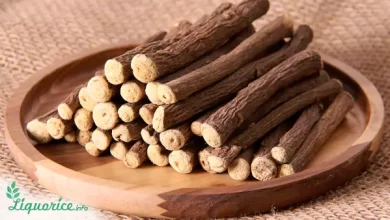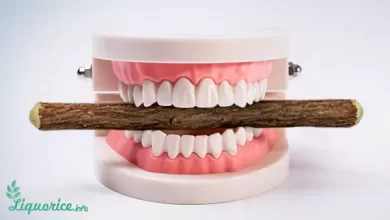Licorice in Herbalism
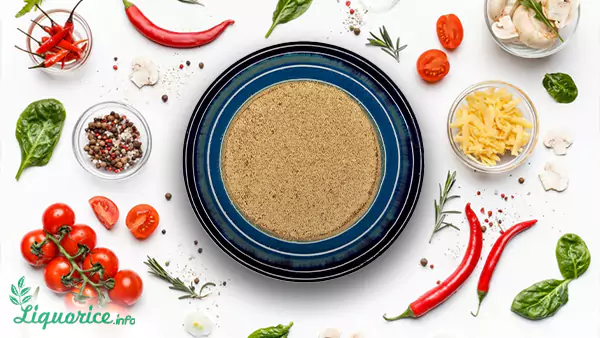
Background
Herbalism refers to the use herbs for medicinal purposes. In fact, it is traditional and folk medicinal use of herbs and their extract.
Using plants for treating diseases has a long history. Based on evidence, it dates back to 60000 years ago. The oldest ones are related to Indian, Chinese, Egyptian and Persian culture.
Recently there has been a growing focus on plants in modern medicine.
Sepidan Osareh Jonoob Co. in this article pays attention to licorice in herbalism.
Licorice in Herbalism
The technical name of licorice is “glycyrrhiza glabra”. In Chinese traditional medicine, it is said that licorice exists in nine out of ten medicinal formulas. Licorice is one of the oldest and essential herbal medicines. Licorice is taken from a Greek word that means “sweet root”. Using licorice in China goes back to 200 B.C. It is known as “herb pairs”, because it harmonizes the features of other herbs. It is useful for the strength of body.
It quenches the thirst; because of this property it is recommended to drink licorice beverage in Ramadan. It was given to soldiers in battles to get energized.
Glycyrrhizin is the main component of licorice causing a sweet taste. Licorice is about 30-50 times sweeter than sugar.
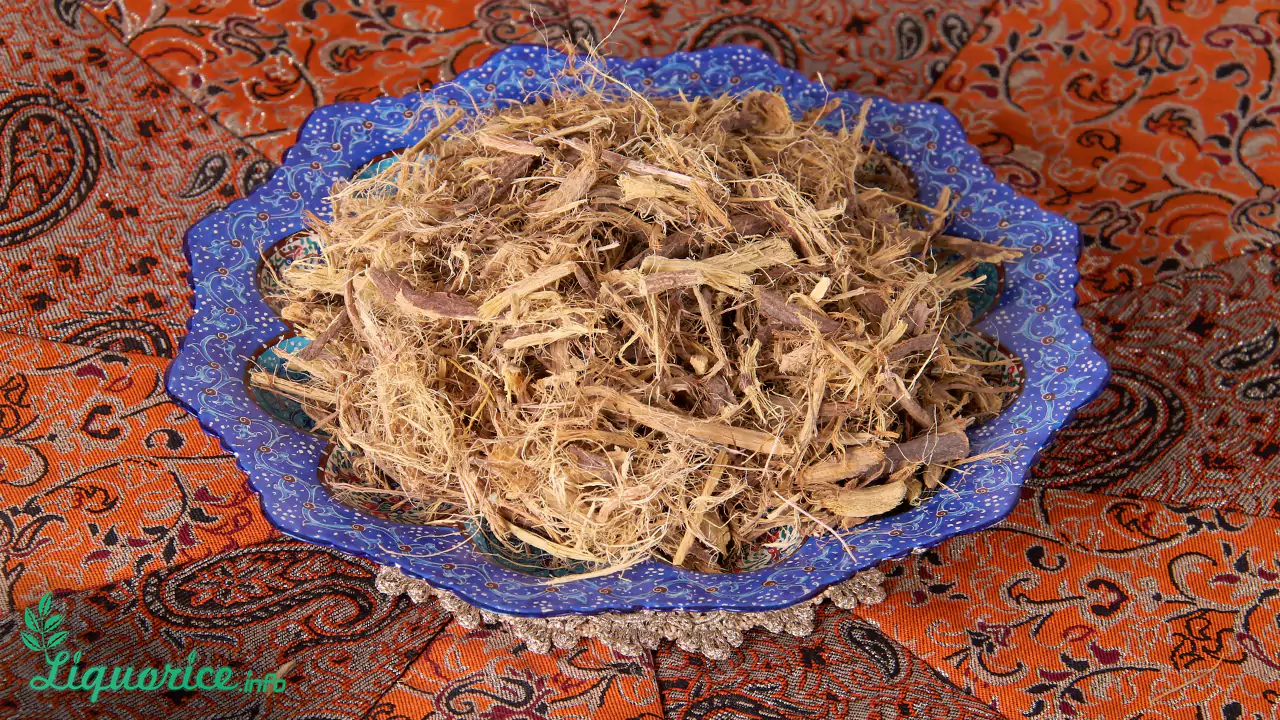
Licorice has been prescribed for a couple of diseases mentioned in the following:
Stomach Disorders
Licorice is anti-inflammatory, anti-bacterial and anti-viral. It is helpful in treating peptic ulcers, acid reflux, indigestion, heartburn, stomachache.
Sore Throat and Cough
Licorice in the form of tea and herbal drink, has been very common for relieving sore throat and cough.
Respiratory Problems
Airway inflammation is a common problem in respiratory related diseases such as asthma. Licorice has some anti-inflammatory compounds that are helpful in treatment of these sicknesses.
Licorice root can slow the progress of bronchitis. Licorice root has been widely used to treat bronchial asthma for many years.
In German and Italian herbals, licorice has been recommended for cough and respiratory diseases since 14th and 15th century.
Oral and Dental Diseases
Some plants have been used for oral and dental health for a long period of time. Licorice is one of these plants. Since it has anti-bacterial, anti-viral, anti-inflammatory properties, it is proper for dental diseases.
Skin Problems
Licorice contains a substance which has anti-inflammatory and anti-bacterial properties and is effective in treating acne, eczema and psoriasis. This plant contains flavonoids that disperse melanin on the skin surface, which in turn brightens the skin and removes blemishes.
Hair Problems
Licorice is used for sensitive skin and to treat dandruff. It can prevent hair loss and make our hair grow faster.
It prevents thinning hair strands. It is also used to repair damaged and colored hair.
In Indian traditional medicine, this plant has been used for better hair growth and prevention of hair loss.
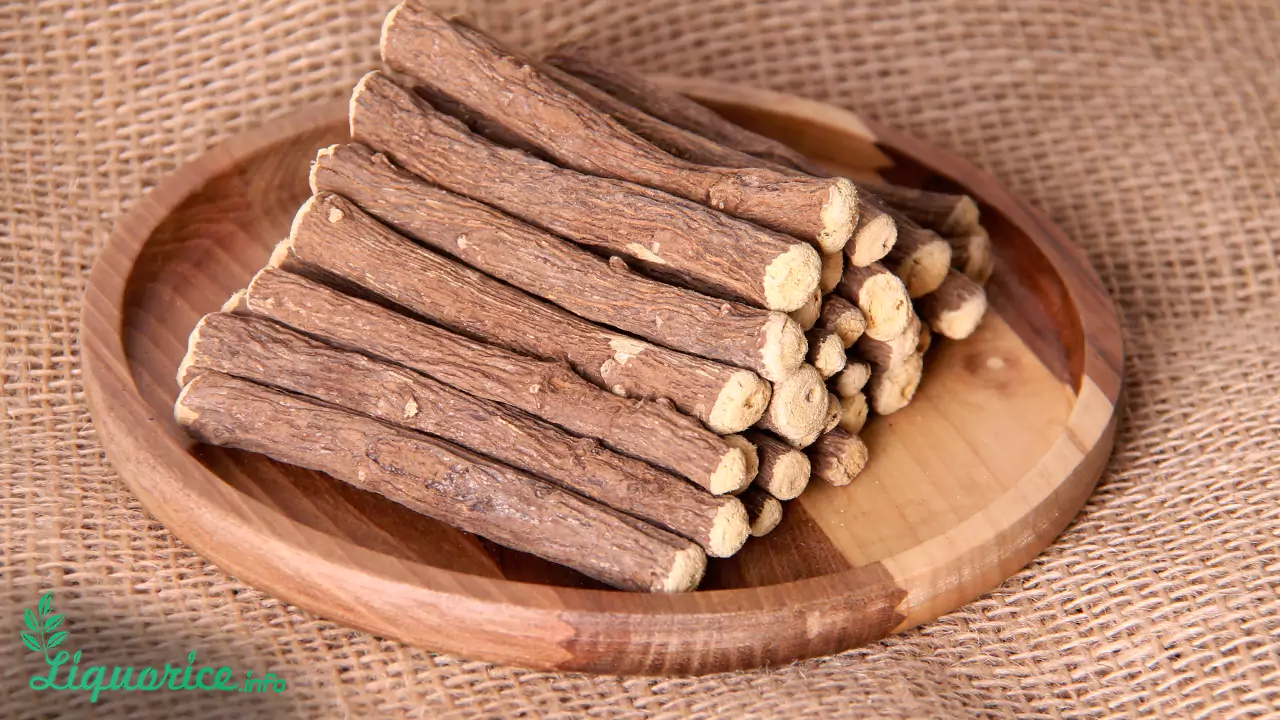
Written and Edited by: Meysam Shokripour (Sepidan Osareh Jonoob Company)
References




